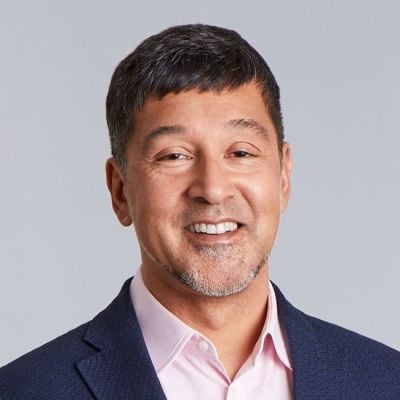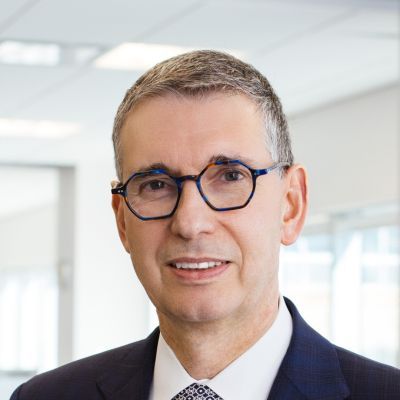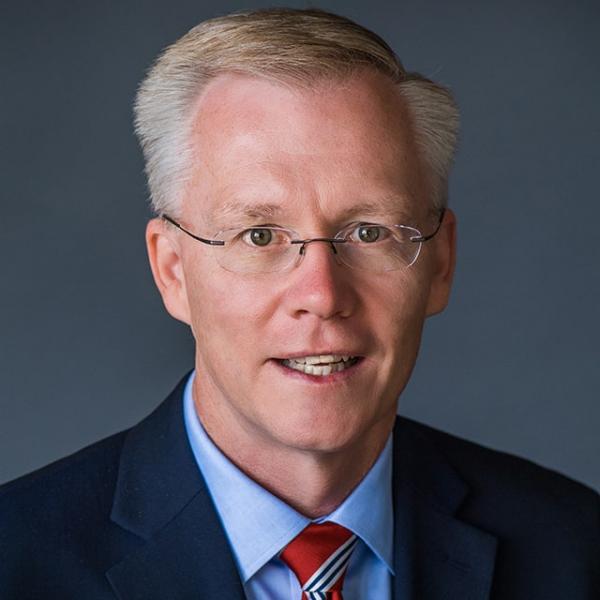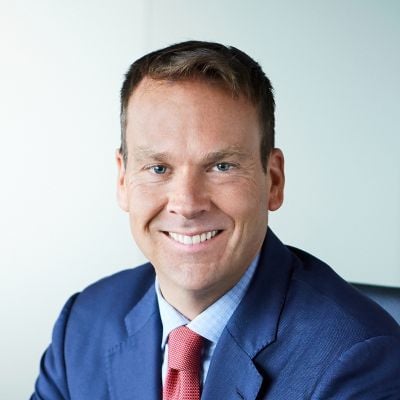As any cyclist knows, the best way to maintain balance is to keep moving forward. Rapid forward motion will be particularly critical to ensure global health-care sustainability and accessibility as we emerge from the COVID-19 crisis. However, getting there will require a coordinated global effort.
Over the last few months, health care and essential medicines, in particular, have become critical discussion points for how governments plan to keep people safe. At the same time, some may see soaring public debt as a good reason to back-pedal on necessary investments. When you accelerate and brake at the same time, at best, you stand still. The key to any successful strategy should start by building on what we have at minimal cost.
The generics industry provides the majority of the world’s medicine at a fraction of the total health-care cost, making it a great place to start. Generics have been critical to both patient access and long-term financial viability, freeing up headroom for investment in innovative and hence costly therapies.
The generics industry has an important role in creating a sustainable and accessible health-care system.
While generics create headroom, we are still short of ensuring universal access to medicines. The barriers are wide-ranging, but two stick out. First, while generics account for some 90 percent of prescriptions in the US, use can vary significantly by states, and globally by country and region. There is still considerable potential to increase uptake—for both biosimilars and generics—with no economic or social downside.
Perhaps, more fundamentally, the World Health Organization estimates that 2 billion people are still unable to afford their medicines. Despite the average copay of a US generic at $5.63 and similarly low or lower in Europe, this cost is still out of reach for many. This can force tradeoffs between better health and basics like food and shelter. As a global society, we must improve access to these medicines by minimizing costs and removing systemic barriers to access.
In parallel, we must ensure a sustainable framework for the generics industry. That means working together to find the delicate balance among three key areas: pricing, quality, and supply.
Let’s start with pricing. While the headlines focus on price rises, the reality is that generics prices go mainly in one direction: down. In fact, a generics business with USD 10 billion in sales must replenish about USD 500 million annually just to stand still due to price erosion. At the same time, demands on the industry increase to be local, faster, and cheaper.
But the generics industry solves difficult challenges every day, so we are now focused on these key questions: How can we make sure customers and patients get the medicines they need when they need them? How do we reduce barriers and increase access to essential medicines in markets where we have a presence? What more can we do to ensure fair pricing for our medicines?
The comprehensive and flexible generics supply chains have enabled us to maintain high-quality, steady supply for the most critical medicines throughout the pandemic. Almost overnight, demand for COVID-19 medicines and other illnesses increased exponentially at 100 percent, 200 percent, and 300+ percent compared to historical rates. Tracking, allocating, and increasing production allowed us to fulfill customer commitments. For Sandoz, we’ve also been able to donate a substantial amount of medicine to relief organizations. But as this explosive demand subsides, we continue to ask ourselves: How do we learn from this moment to ensure customers/patients get the highest-quality medicine better and more efficiently than we were delivering it five months ago?
We are also rethinking access. Most heartbreaking is the way the pandemic has taken aim at vulnerable populations, particularly seniors and ethnic and racial minority groups. We can’t sit back and pretend this hasn’t or won’t continue to happen if we don’t intervene. Therefore, in addition to our commitment to stable pricing for COVID-19-related medications, donations, and other ways Sandoz is helping during the pandemic, we are taking a fresh look at our social programs and business to understand what more we can do to reduce barriers and increase access to essential medicines.
The generics industry has an important role in creating a sustainable and accessible health-care system. At Sandoz, we feel a deep responsibility to play a leading role in something significant: keeping global health care on track.
















